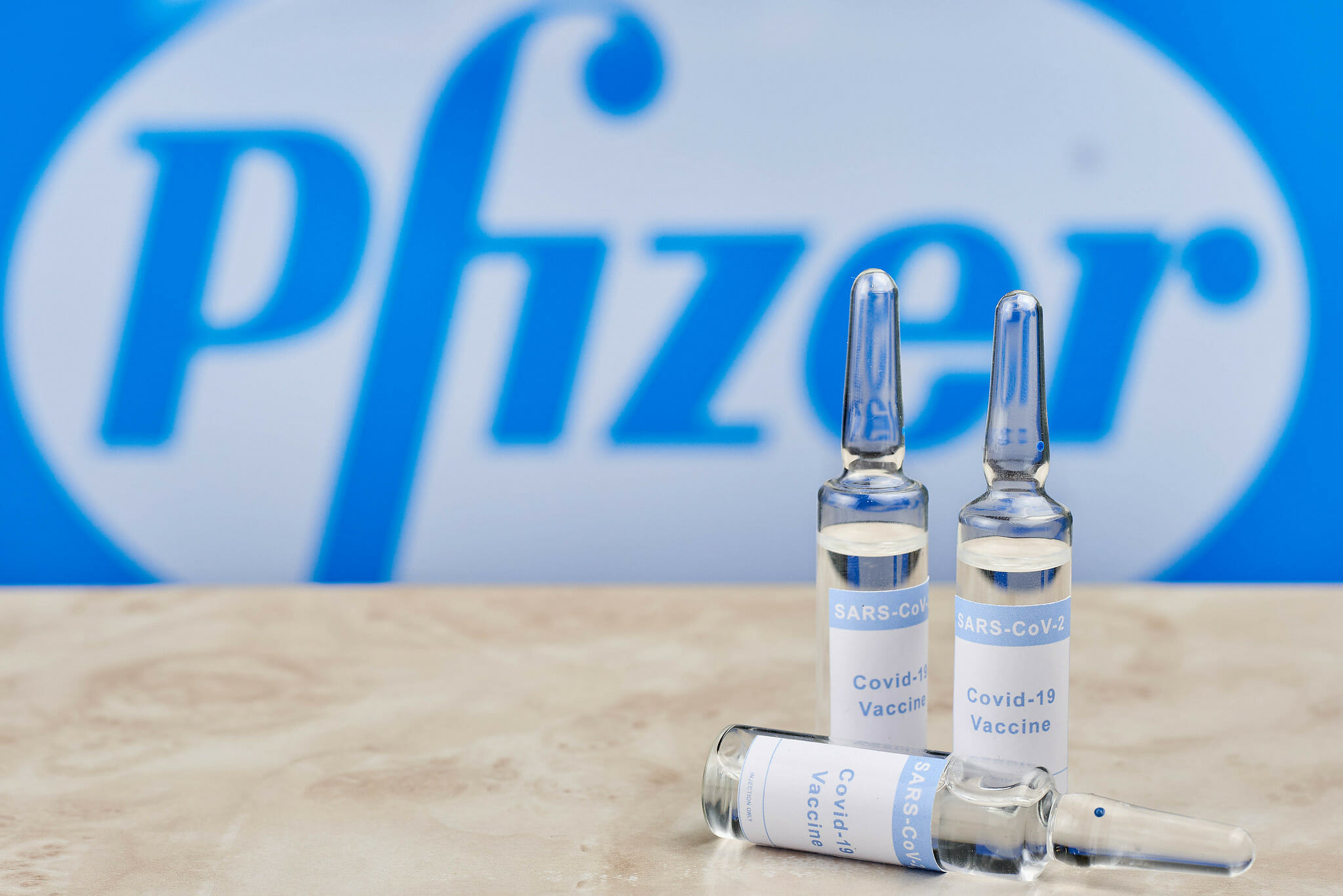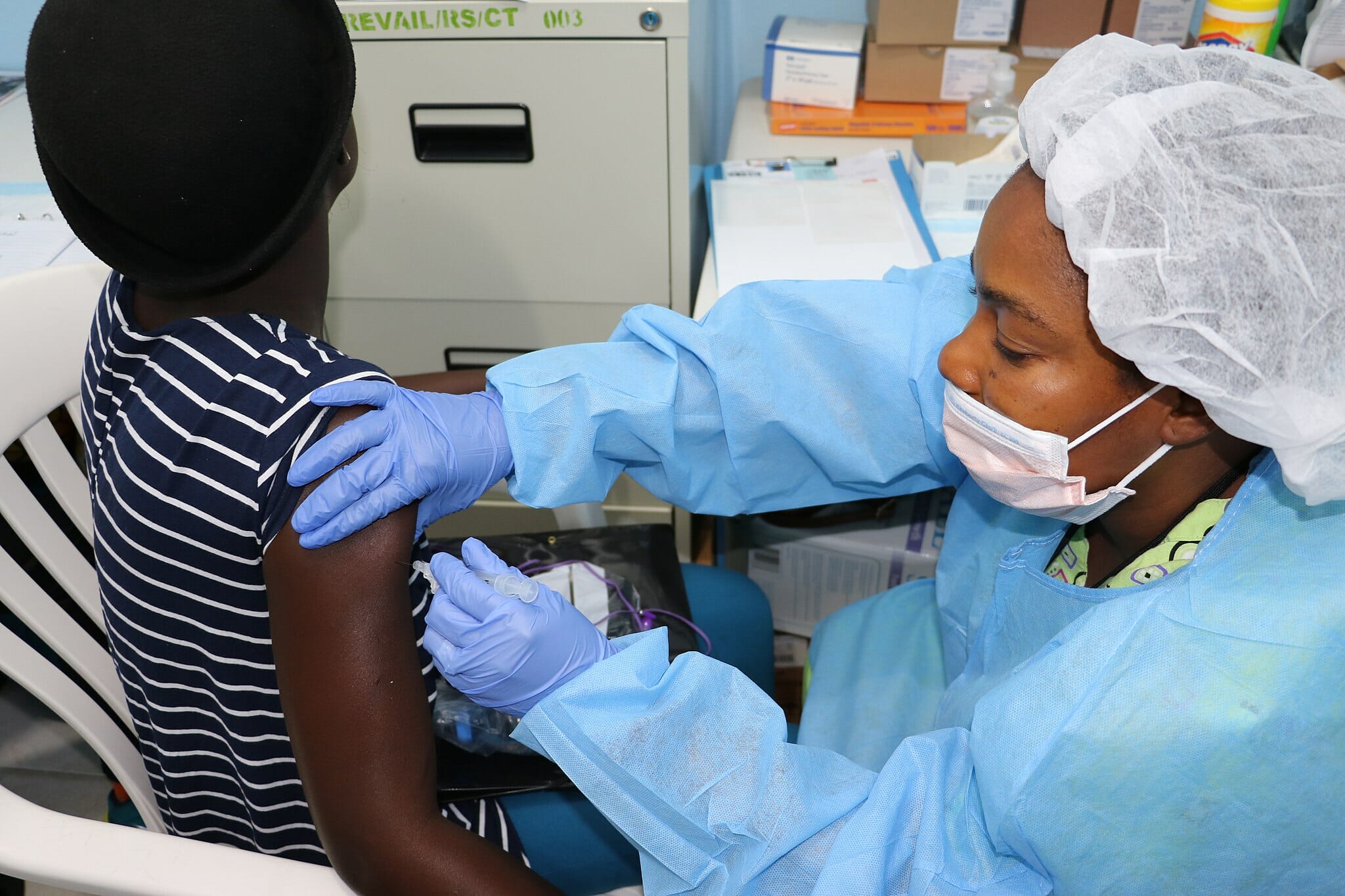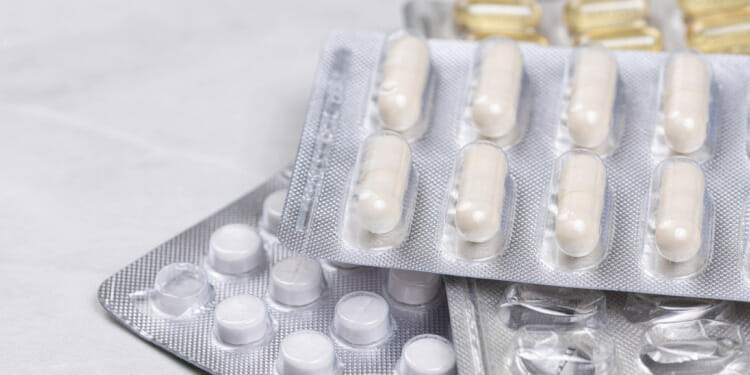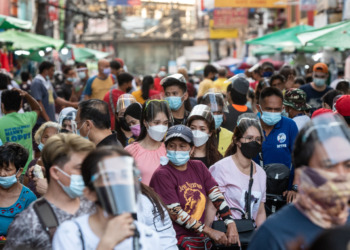Merck, the American pharmaceutical company, has signed a royalty-free license waiver for their oral antiviral COVID drug molnupiravir. This will allow generic drug manufacturers the license to produce the pill.
The company signed a licensing agreement with the United Nations-backed Medicines Patent Pool (MPP), which Merck says will allow the experimental drug to be used in 105 low- and-middle income countries. Manufacturers chosen by the MPP will be allowed to make the drug.
Today, we announced a voluntary licensing agreement with the Medicines Patent Pool to help facilitate broad global access for our investigational #COVID19 #antiviral treatment, once authorized. Read more: https://t.co/n064OEPany $MRK pic.twitter.com/ZWtnpPqZa2
— Merck (@Merck) October 27, 2021
As a result of this agreement, Merck will not receive sales royalties from the drug while COVID-19 is still classified as a public health emergency of international concern by the World Health Organization.
The drug, created in partnership with Ridgeback Biotherapeutics, halved the risk of serious and death from coronavirus in a clinical trial. Merck has submitted the trial data to the FDA, with hopes that the drug will be approved for emergency use by early December.
In a joint statement, Merck and MPP stated: “This is the first transparent, public health-driven voluntary license for a COVID-19 medical technology.”
A possible step forward in the fight against COVID — but with limitations
This licensing agreement will undoubtedly allow greater access to COVID treatment, especially for poorer countries that are struggling to gain access to vaccines, or areas where medical facilities are overwhelmed. A drug like this could be administered without the need to even see a doctor, as Charles Gore, director of the MPP, told the New York Times. The drug will also likely be very cheap. Gore claims that the drug might be sold profitably at only $8 per course.

Pfizer has its own antiviral COVID drug in late stage trials, and are reportedly in talks with the MPP. This suggests that more coronavirus drugs are set to follow Merck.
However, there are concerns that Merck’s licensing agreement does not go far enough. The Medical Charity MSF, or Doctors Without Borders, has criticised the agreement. This is because the territory licensed by the agreement excludes countries such as Brazil and China, which have strong manufacturing capabilities.
Related articles: Global Fight Against Covid: Vaccination Disparity on the Increase? | Africa’s Low Vaccine Rates Pose Worldwide Threat | COVID-19 Vaccines: Who Produces, Who Orders and Who Gets Them?
Time to waive vaccine patents?
While this might signal an influx of COVID drugs produced by generic manufacturers, it is surprising, if not a little concerning, that vaccine manufacturers, including Pfizer and Moderna, have been resistant to the waiving of intellectual property (IP) rights for vaccines.
The World Health Organisation and 100 other countries have all called for a temporary waiving for IP rights for vaccines. This would allow for vaccines to be more easily manufactured all over this world, with countries not needing to have access to the rights, or pay royalties on the vaccines. Manufacturing, research and development of vaccines is currently concentrated in high- and- middle income countries.
This would be especially useful for the African continent, given that it is suffering from vastly lower vaccination rates compared to the rest of the world. In East Africa (Sudan, Somalia, Kenya, Ethiopia), the number of fully vaccinated people per country is currently between roughly one and three percent— a stark contrast to a country like the US, which is at 58 percent. Some rich nations, including Spain, are enjoying vaccination rates of upwards of 70 percent.

Most COVID vaccines also require storage at very low temperatures. This makes them much more difficult to transport and store in areas that do not have the necessary refrigeration. While this pill has been shown at least in clinical trials to fight the worst of coronavirus, it is not as preventative as vaccines: they still play a vital role in reducing cases, and their full effects last for months.
There are concerns that this global vaccination disparity could actually be extending the pandemic, and weakening global recovery. Without action, we could see developing countries continue to suffer from high cases and deaths as rich countries issue booster jabs, while at the same time fighting new variants, and struggling to economically recover.
The signing of this licensing agreement marks progress in the global fight against coronavirus, even if the patent could be extended further. At the end of the day, if we are to end the pandemic sooner rather than later, pharmaceutical companies need to make sure they always put saving lives before profit. IP waivers for covid vaccines would prove they are serious about that commitment.
Editor’s Note: The opinions expressed here by Impakter.com columnists are their own, not those of Impakter.com. — In the Featured Photo: Immunity Tablets and Pills against the Covid-19 virus. Featured Photo Credit: Marco Verch.










